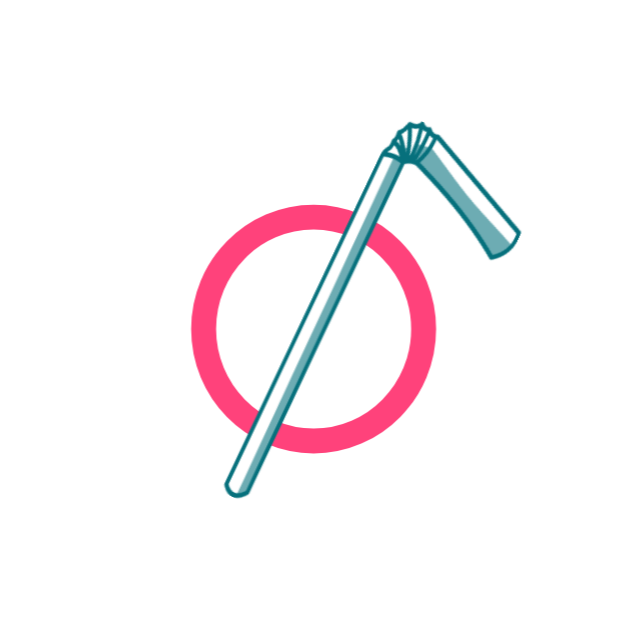Let us help make plastic recycling easy
- nostrawottawa

- May 25, 2020
- 2 min read
Updated: May 25, 2020

Plastic recycling can be confusing. The rules are never completely clear and making a mistake can mean contaminating and entire load of recycling. Here are a couple tricks to follow to ensure that you will always know what to do with your recycling.
1) Know your numbers!
On most plastic products you buy, you will see a recycling logo with a number in the middle and sometimes letters underneath. These numbers represent the resin ID code, a system used in many countries to help recyclers tell the different types of plastic when they are sorting. Here is a quick rundown of these codes.
PETE (Polyethylene Terephthalate) - This is the easiest plastic to recycle and is used mostly for consumer products such as water bottles, soda bottles, and some packaging. It can be recycled, but should not be reused.
HDPE (High Density Polyethylene) - This plastic is also recyclable. It is used to make milk jugs, oil bottles, detergent bottles, waste bins, park benches and some plastic bags. They are reusable and recyclable.
PVC or V (Polyvinyl Chloride) - PVC is very soft and flexible and is used mostly in plastic food wrapping, toys, furniture, cooking oil bottles, garden hoses and many others. It is also known as the "poison plastic" because it contains many dangerous toxins. This plastic is not reusable is not recyclable.
LDPE (Low Density Polyethylene) - LDPE is used in shrink wrap, bread packaging, squeezable bottles and sandwich bags. These products are reusable but depending on where you are they are not always recyclable. In Ottawa, most LDPE is not recyclable including sandwich bags and shrink wrap.
PP (Polypropylene) - This plastic is used in straws, cereal box liners, disposable diapers, potato chip bags, yogurt and margarine containers, and packing tape. PP is just starting to be accepted in recycling programs and is considered safe for reuse. In Ottawa, PP is recyclable excluding straws, potato chip bags, cereal box liners or diapers.
PS (Polystyrene) - PS is used in Styrofoam, many food take out containers, packing peanuts, and plastic cutlery. PS is recyclable excluding expanded polystyrene which is Styrofoam, meat trays, and coffee cup lids.
Other - This final category includes the plastic used for car parts, baby bottles, sippy cups, and water cooler bottles. This category also includes PLA (polylactic acid) plastics, which are not recyclable but are compostable (includes some straws and plastic bags). As a general rule, type 7 plastics cannot be recycled.

2) When in doubt, throw it out!
If you do not know whether or not a plastic is recyclable do not recycle it. Putting a non-recyclable plastic with recyclable plastics means that the load is contaminated and the whole thing can no longer be recycled.
3) Rinse out your food containers
If you are going to recycle food containers, they must be rinsed out first. Leftover food will contaminate the load. If they are food soiled and you cannot rinse them out, do not recycle them!
4) Glass, Metal, and Cartons
In Ottawa, empty glass bottles and jars, aluminium foil and aluminium cans are recyclable. Cartons are also recyclable.
We hope these recycling tips help you out next time you do not know what to do with your plastics!




Comments